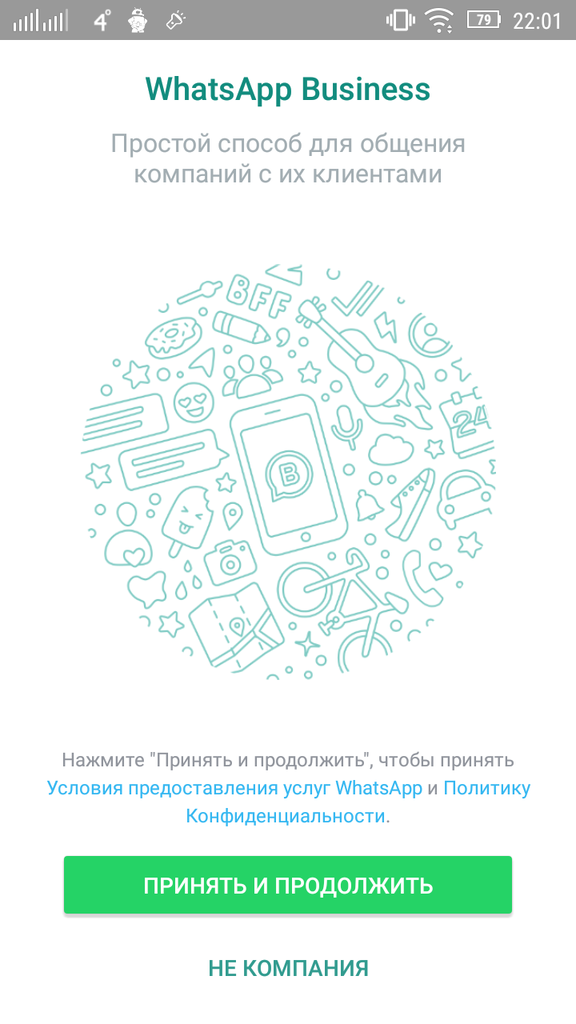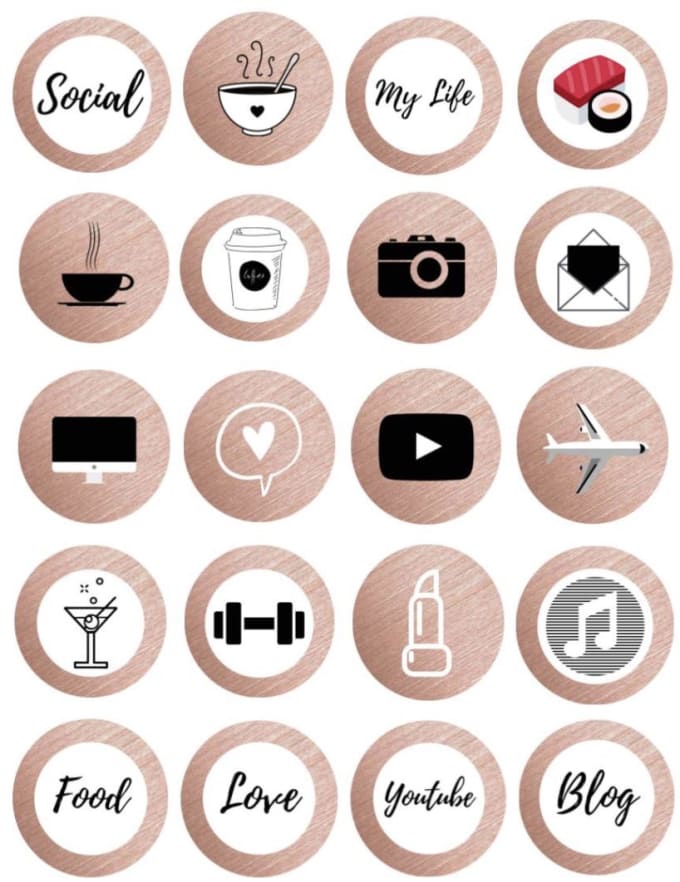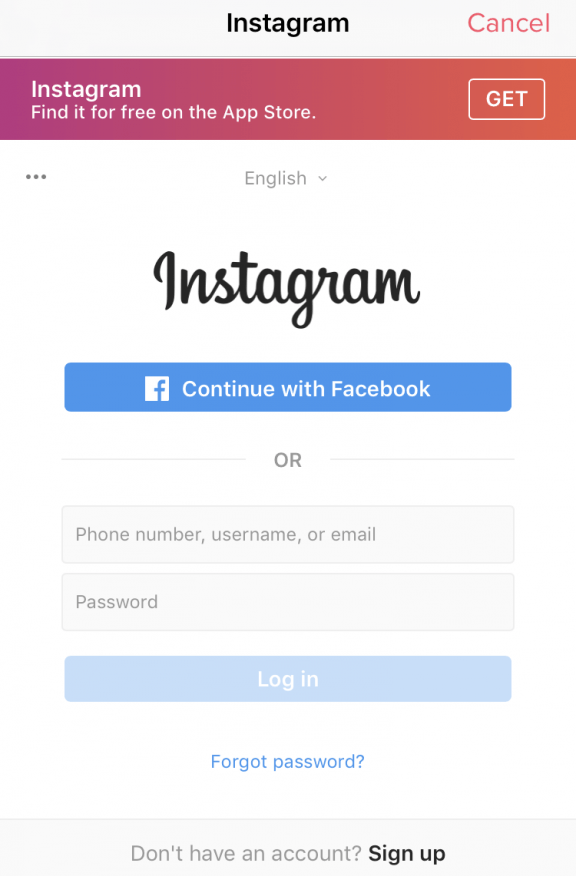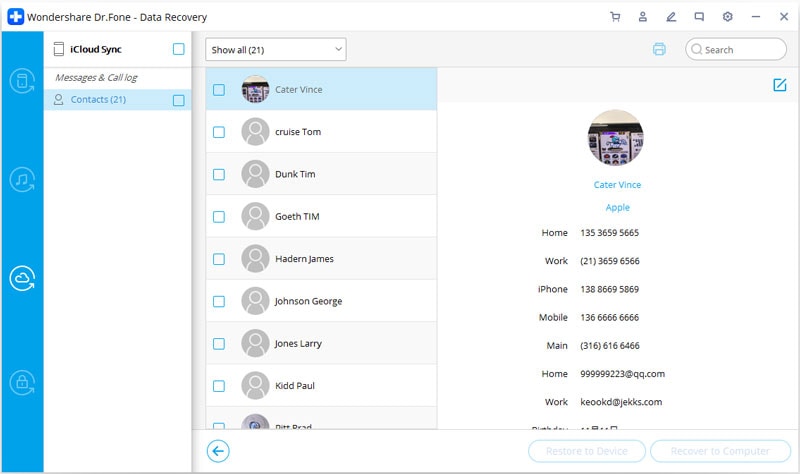How to use whatsapp for business
How to Use WhatsApp for Business: Tips and Tools
While you’ve probably already included platforms like Twitter and Facebook in your social media strategy, WhatsApp could be equally as important to your brand.
That’s right: WhatsApp isn’t just for texting your coworkers or video chatting with your family in a different city. It can be used for business, too.
WhatsApp Business was created specifically with small business owners in mind. It can help you connect with your customers and support them with immediate, personalized customer service.
If you’ve never considered adding a WhatsApp Business account into your brand’s social strategy, we’ll explore why that might be a good idea.
What is WhatsApp?
8 WhatsApp stats you probably didn’t know
How to use WhatsApp for business
4 great uses of WhatsApp for business
4 useful Whatsapp business tools
Bonus: Download our free WhatsApp for Customer Care guide to get more pointers on how to use WhatsApp Business to get higher conversion rates, better customer experience, lower costs, and higher customer satisfaction.
WhatsApp is a messaging app, like Facebook Messenger or We Chat.
The mobile app uses the phone’s Internet connection to let you communicate with other WhatsApp users, making it an affordable alternative to international calling or texting.
WhatsApp was an independent messenger company when it launched in 2009, but Facebook acquired it in 2014. As of 2021, it is still owned by Facebook.
People use WhatsApp for business or personal use because:
- It’s free. The only charges you might get are data roaming charges.
- It’s reliable. As long as you’re connected to wi-fi or have mobile data, you can use WhatsApp to communicate with users all over the world.
- It’s widely available. There are WhatsApp users in 180 different countries.
- It’s not just about texting. You can use WhatsApp for voice messages, calls and video calls, as well as sharing photos, videos, documents, or your location.
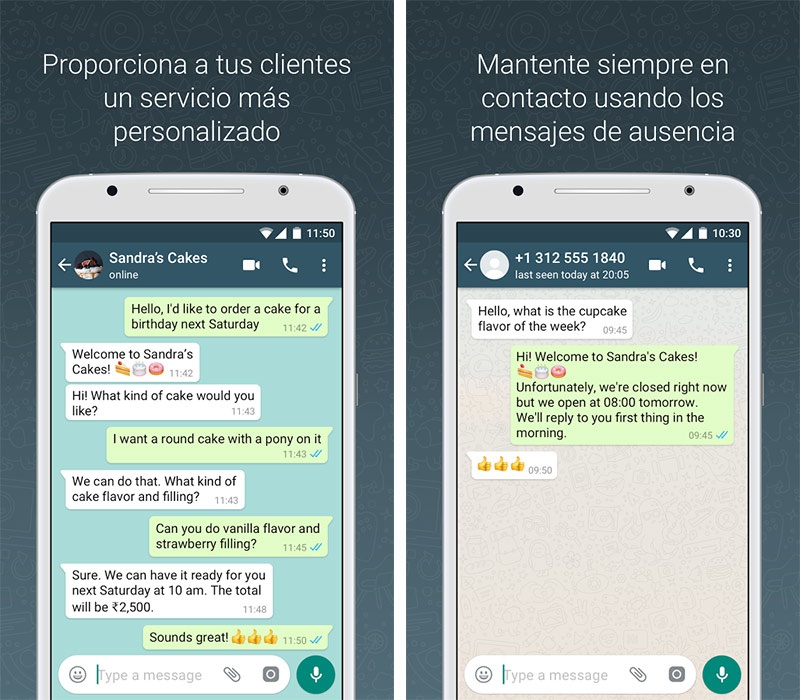
The numbers speak for themselves.
1. WhatsApp is the most popular mobile messenger app in the world2 billion people worldwide use WhatsApp at least once per month.
This places WhatsApp ahead of other popular messenger apps: Facebook Messenger with 1.3 billion users and WeChat with 1.2 billion users.
Source: Statista
2. WhatsApp is the third most-used social media network in the worldIt’s behind only Facebook and YouTube for worldwide popularity.
Source: Hootsuite
3. 58% of WhatsApp users use the app more than once each dayIn fact, in the USA, the average person uses it 143 times a month.
4. As of 2019, WhatsApp had more than half a billion daily active usersThat’s an increase from 450 million at the end of 2018.
Following the States, the countries with the most WhatsApp downloads in 2020 were Brazil, the United Kingdom, India, then Mexico.
Source: Statista
6. 27% of American WhatsApp users are ages 26 to 35Source: Statista
7. WhatsApp mostly is used to keep in contact with friends and familyThat’s why 82% of Americans use the app. Other popular reasons include strengthening a professional network (13%) and getting entertainment (10%).
8. The most WhatsApp calls ever made was New Year’s Eve 2020A record 1.4 billion video and voice calls were made using WhatsApp on December 31, 2020.
How to use WhatsApp for businessWhile only 4% of American WhatsApp users downloaded the app to follow brands or companies, there is still huge value in using WhatsApp for your business.
WhatsApp Business was built specifically with the small business owner in mind and offers specialized solutions that can help you connect with your customers.
To get started, you need a WhatsApp Business account. If you don’t have one yet, follow these simple step-by-step instructions.
How to create a WhatsApp Business account1. Download the WhatsApp Business app for Android or iPhone
Find the app on the App Store or Google Play, or download it via WhatsApp’s site.
2. Agree to the terms and conditions
3. Enter your business’s phone number
4. Fill in your details
After you enter your phone number, you will automatically be directed to this page. Fill in the essential details like your business name, add a profile picture and select a category that best describes your business.
Bonus: Download our free WhatsApp for Customer Care guide to get more pointers on how to use WhatsApp Business to get higher conversion rates, better customer experience, lower costs, and higher customer satisfaction.
Get the guide now!
5. Learn more about the WhatsApp business tools
In the next step, you can learn about setting up a product catalog for your ecommerce or automated messaging.
You can also skip the tutorial and go straight to settings.
Before you move on to advanced features like automated messaging, make sure to add more information about your business. You can manage addresses, hours and websites in the Business Profile category in settings.
6. Now, start connecting with your customers
That’s it! Now that you know how to create a WhatsApp account for your business, you can start using the messenger app to communicate with customers.
4 great uses of WhatsApp for businessSo, why should you use WhatsApp as a business owner? Here are 4 things the app might help you with.
Elevate your customer serviceWith a WhatsApp Business account, you can make your social media customer service more efficient and personal.
On top of serving as a channel for direct messaging, WhatsApp Business has several tools that you can use to elevate communication with customers:
- Quick Replies. Save answers to commonly asked questions as templates and set up shortcuts. This will give you back the time you would spend typing out the answers to repeating questions. And, your customers will get their questions answered faster.
- Labels. Use labels to organize and categorize users and messages. This will help you sort messages by urgency and recognize returning customers. You can use pre-programmed labels or create new ones that make sense for your business.

- Away Messages and Greeting Messages. Set up these automated messages so your customer gets a response immediately, even if you’re unable to respond. This is a great way to set expectations for response times if a customer reaches out outside of your business hours.
On top of all this, it’s simply easy and affordable to communicate with international customers via WhatsApp Business.
Showcase your products in a catalogYou can think of WhatsApp Business’s catalog tool as a mobile storefront. It lets your customers browse your products without leaving the app.
This tool is useful for highlighting new products, seasonal collections or bestsellers.
Here are a few key facts about the catalog:
- You can upload a maximum of 500 products or services.
- Each product or service can include a title, price, description, product code and link to the product on your website.

- Each product has an image.
- You can share links from the catalog in WhatsApp conversations.
WhatsApp Business isn’t just for communicating with customers. It’s also a useful way to stay in touch with employees. In fact, messenger apps like WhatsApp are used by 79% of professionals for communication at work.
Source: Digital 2020
The group chat feature lets you message with up to 256 people at one time. It’s possible to send PDFs and other documents over WhatsApp business. Files can be up to 100MB.
Network with other professionalsFinally, you use WhatsApp to communicate with others in your industry. The app’s video call tool can be used in a professional networking capacity, just like Zoom or Skype.
You can even sync WhatsApp Business with your desktop, so those professional networking calls can be done from your office computer rather than your phone.
Sparkcentral makes customer service conversations a breeze. It’s an automated messaging platform, ideal for managing high volumes of messages.
Sparkcentral offers chatbots and AI solutions that help businesses automate customer service across social platforms — all in one dashboard. It works with WhatsApp, as well as Facebook Messenger, WeChat, Instagram and more.
Scan this QR code to start chatting with a Sparkcentral representative on WhatsApp, and find out more about what it can do, right now:
WhatsAutoWhatsAuto is another solution you can use to build better auto-replies. WhatsAuto lets you create a chatbot, schedule auto-replies and easily turn auto-replies on and off.
Source: Google Play
Cleanup for Business WhatsAppDownload this business tool if you don’t want to spend time manually deleting old files off of WhatsApp.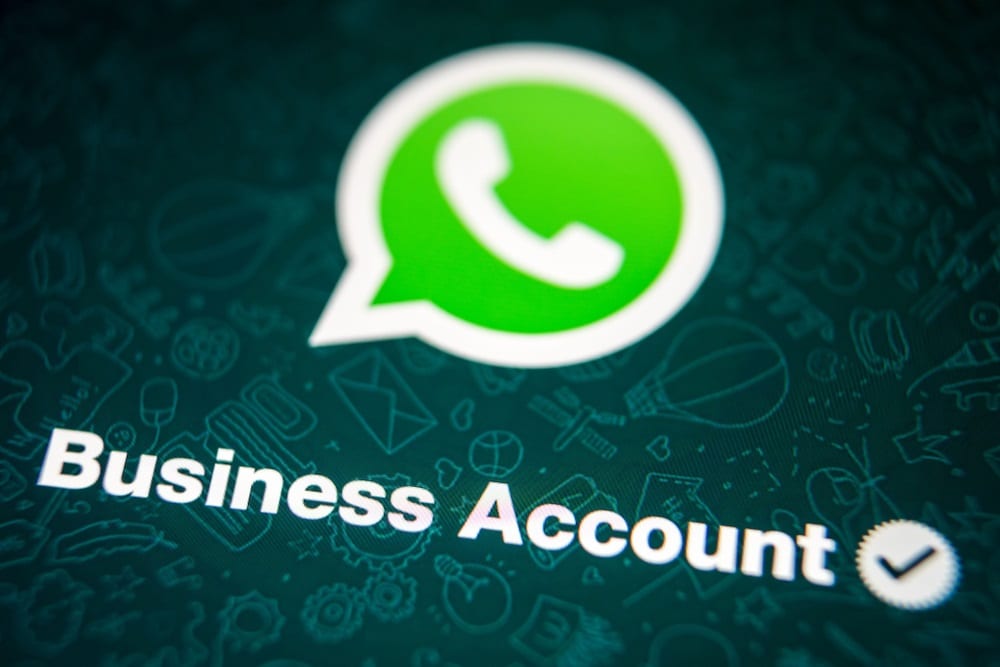 Cleanup makes cleaning up WhatsApp Business easy — you can select multiple files at once and quickly delete old images, videos, audio files, notes and profile pictures. The app works offline, too.
Cleanup makes cleaning up WhatsApp Business easy — you can select multiple files at once and quickly delete old images, videos, audio files, notes and profile pictures. The app works offline, too.
This app makes managing your business’s WhatsApp contact list easy. Use it to import WhatsApp contacts into your iPhone, merge duplicate contacts and connect with someone on WhatsApp without adding them as an official contact.
So, there you have it! Now you know why WhatsApp could be a great tool for your business. Don’t forget: messenger apps like WhatsApp Business are great ways to elevate customer service, and improve communication with both your customers and your team.
Save time building an efficient customer support system on social media with Hootsuite. Respond to questions and complaints, create tickets from social conversations, and work with chatbots all from one dashboard. Try it free today.
Get Started
Manage every customer inquiry on a single platform with Sparkcentral. Never miss a message, improve customer satisfaction, and save time. See it in action.
Never miss a message, improve customer satisfaction, and save time. See it in action.
Chat with us
16 Examples of How to Use WhatsApp for Business
Conversational marketing is on the rise, driven largely by consumers’ increasing expectations for convenience and tailored digital experiences. In fact, 90% of global consumers say they’ll spend more with companies that personalize the service they offer.
Coupled with recent government- and self-imposed restrictions on in-person shopping, more brands than ever before are turning to WhatsApp and similar messaging platforms to interact with customers in meaningful ways.
Today, more than five million brands are active on WhatsApp Business. That’s a large market, ripe for engagement. In this article, we’ll establish the growing importance of WhatsApp across business functions (not just marketing), showcase the ways some brands are using the app, and highlight a few innovative tips for making the most of the network.
The benefits of using WhatsApp for business
For brands that use WhatsApp to engage with customers, there are a number of clear benefits.
- Expand your global reach. WhatsApp, the most popular messaging app worldwide, has upward of two billion active users across more than 180 countries. With a potential audience that large, it’s easy to engage with new prospects that may not yet be aware of all your business has to offer.
- Improve the customer experience. Research from Zendesk found that leading companies offer customer support across twice as many channels as their peers. If you are looking to expand your opportunities to support customers, WhatsApp provides a seamless platform for doing so.
- Enhance employee satisfaction. WhatsApp’s messaging capability can also be a win for your internal team as customer support personnel report that they are 50% more likely to want to engage with customers via messaging platforms versus more traditional methods because it affords them the freedom to multitask.

- Increase profitability. When customer service is streamlined, operating expenses often shrink. Gartner predicts that by 2025, 40% of customer service will go from a major organizational expense to a significant profit driver as direct messaging streamlines sales pipelines.
16 brands that demonstrate how to expertly use WhatsApp for business
Brands are using WhatsApp in a variety of ways that expand their customer-facing and internal capabilities. The following examples highlight use cases in customer service, financial services, marketing, human resources and pipeline growth.
Customer service
1. Vodafone, a German telecommunications company, has embraced WhatsApp for customer messaging, reaching more than 200,000 customers via this channel each month. Their artificial intelligence (AI) chatbot, TOBi, recognizes more than 250 customer needs and will only pass requests over to employees if it encounters an issue it is not equipped to solve. More than half of these interactions result in a solution for the customer, removing the need for live customer service support in many cases.
More than half of these interactions result in a solution for the customer, removing the need for live customer service support in many cases.
2. Estée Lauder was the first major beauty brand to use WhatsApp to offer personalized skincare consultations for customers. Liv, an AI chatbot, was developed in 2020 at the height of the COVID-19 pandemic to replace over-the-counter consultations customers previously had in department stores. These digital conversations help customers understand how to use the company’s products and gather tips for maintaining an effective skincare regimen.
3. Nissan Saudi Arabia, looking to engage younger customers and reduce its reliance on call centers, began using WhatsApp to handle inquiries and nurture sales. In the Kingdom of Saudi Arabia, people under 30 years old age make up nearly three-fourths of the population. To reach that market, Nissan developed an automated chatbot powered by WhatsApp that could answer simple customer questions without the need to transfer them to the call center. After the launch of the chatbot, leads increased 390% and inbound calls were reduced by 33%.
After the launch of the chatbot, leads increased 390% and inbound calls were reduced by 33%.
Financial services
4. One of Spain’s leading insurance providers, Mutua Madrileña, offers personalized messaging for customers via WhatsApp on more than 1,000 topics. In the first six months of using this new channel for customer support, the company had received nearly half a million messages, making up 23% of digital customer inquiries. In late 2020, the brand became the first insurer in the country to allow customers to submit automobile accident claims via their WhatsApp virtual assistant, resulting in a process that is now 30% faster.
5. WhatsApp banking is now also a thing. Many banks, primarily in Europe, the Middle East and Asia are using the app to make banking simpler and more convenient for customers. India’s ICICI Bank and Pakistan’s HBL Bank both use the app to answer customer questions and to conduct basic transactions.
6.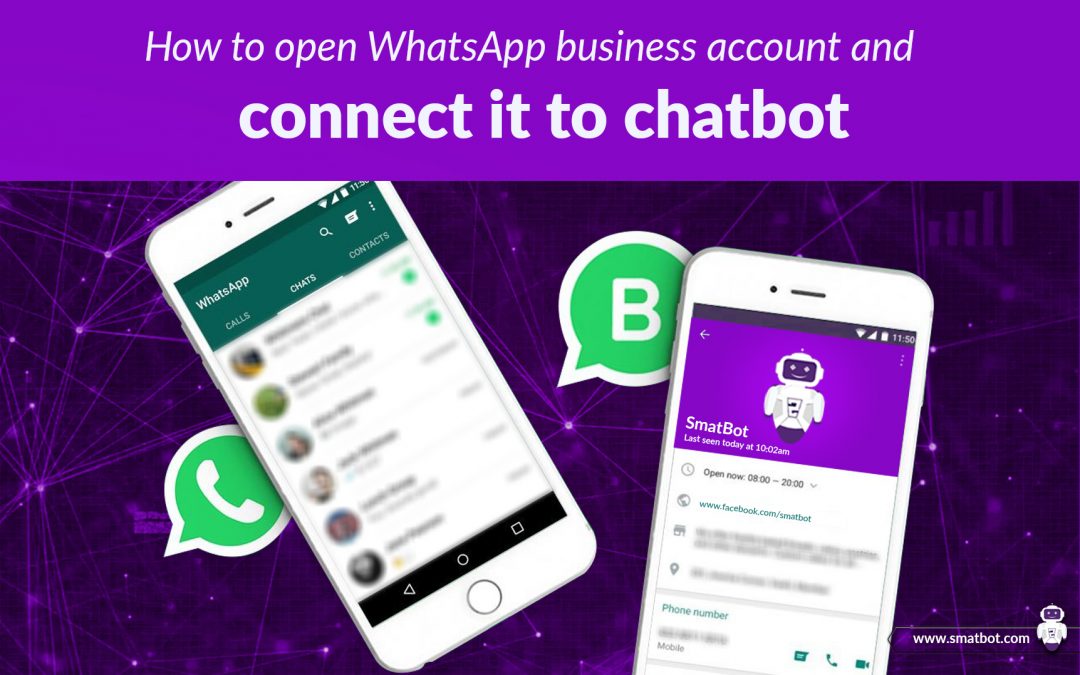 Mukuru, one of the largest money transfer providers in Africa, realized more than $1 million in reduced SMS costs after implementing customer service via WhatsApp. It also improved the reliability and security of wire transfers for the financially excluded communities it serves across the continent. With WhatsApp available, consumers can reduce their dependence on mobile banking apps that traditionally use more unpredictable unstructured supplementary service data (USSD) protocols that don’t require an internet connection. Since the introduction of WhatsApp, the brand’s customer satisfaction has jumped from 65% to 80%.
Mukuru, one of the largest money transfer providers in Africa, realized more than $1 million in reduced SMS costs after implementing customer service via WhatsApp. It also improved the reliability and security of wire transfers for the financially excluded communities it serves across the continent. With WhatsApp available, consumers can reduce their dependence on mobile banking apps that traditionally use more unpredictable unstructured supplementary service data (USSD) protocols that don’t require an internet connection. Since the introduction of WhatsApp, the brand’s customer satisfaction has jumped from 65% to 80%.
7. Tikkie, a Dutch peer-to-peer payment app (similar to Venmo or Zelle), created their own set of 11 stickers for their WhatsApp users. The stickers allowed customers a fun way of communicating with each other to thank someone for paying or to remind them to do so.
Marketing campaigns
8. Absolut Vodka, a Swedish spirits brand, used WhatsApp to publicize an in-person product launch event in Argentina. Customers were encouraged to message a chatbot doorman named Sven to try to convince “him” they deserved one of two available tickets. This campaign resulted in more than 1,000 messages from 600 individuals over three days.
Customers were encouraged to message a chatbot doorman named Sven to try to convince “him” they deserved one of two available tickets. This campaign resulted in more than 1,000 messages from 600 individuals over three days.
9. Carrefour Group, a French-based big box store chain, uses WhatsApp to provide digital coupon catalogs to its client base. These offers were previously printed, but the company wanted to offset those costs and have better targeting capabilities based on customers’ locations and preferences. By inputting their zip code into a chatbot, customers can be directed to their nearest store and also receive tailored deals straight to their phone. According to Meta, 45% of users now engage with the digital catalog versus 10% who open the catalog via email.
10. The Brazilian arm of Hellmann’s, a mayonnaise brand, launched a campaign via WhatsApp to provide its users with on-demand cooking advice delivered by culinary professionals.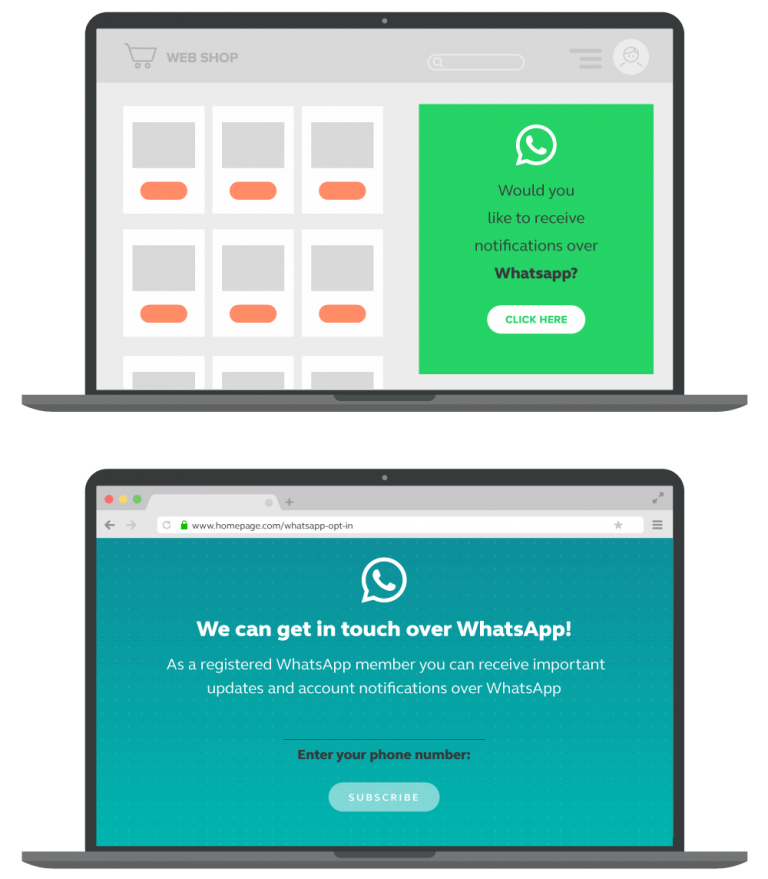 The campaign, called WhatsCook, allowed customers to converse in real time with chefs to get detailed instruction, answers to their questions, or specific assistance for preparing their meals.
The campaign, called WhatsCook, allowed customers to converse in real time with chefs to get detailed instruction, answers to their questions, or specific assistance for preparing their meals.
11. Adidas’ 100% Unfair Predator campaign, launched via WhatsApp, helped the brand engage with a core set of customers: footballers. Users were allowed to chat with Adidas to request a professional athlete join their local teams for a single game. For the lucky teams chosen, Adidas-sponsored players showed up in the company’s new Predator20 Mutator shoes.
Human resources
12. BASF Group, a German chemical production company, uses WhatsApp to engage potential recruits. Anilina, a digital career assistant in the form of a chatbot, helps to answer candidates’ questions quickly and on the spot. For more involved conversations, candidates can reach out to representatives Monday through Friday via WhatsApp chat.
13. Logistics company Deutsche Post DHL Group allows candidates to apply to open positions directly from WhatsApp, eliminating the need to fill out lengthy and cumbersome online forms. The company deployed the chatbot to reach their target candidates where they are via a more user-centric application process.
The company deployed the chatbot to reach their target candidates where they are via a more user-centric application process.
Pipeline growth
14. French newspaper Le Monde used WhatsApp’s status feature to target customers in French-speaking African countries. The company posts content to its status, which is viewable for 24 hours (similar to an Instagram Story), three to four times a day. About 20% of the brand’s follower base typically consumes this content, and over time, Le Monde Afrique has grown its WhatsApp followers by 10,000.
15. Triya, a Brazilian beachwear brand, uses WhatsApp to converse with its customers and also to send order information like receipts and tracking information. After doubling down on their presence on the app, the company 5Xed their annual sales.
16. Centaline Property, one of Hong Kong’s largest real estate brokerages, uses WhatsApp to qualify leads more quickly and increase their sales pipeline. The company integrated the network with its property recommendation engine to allow leads to be funneled to the appropriate agent, along with each customer’s information and communication history. The use of key WhatsApp features like List Messages and Reply Buttons help Centaline Property personalize their outreach, resulting in a 27% increase in sales conversions.
The company integrated the network with its property recommendation engine to allow leads to be funneled to the appropriate agent, along with each customer’s information and communication history. The use of key WhatsApp features like List Messages and Reply Buttons help Centaline Property personalize their outreach, resulting in a 27% increase in sales conversions.
Inventive ways to use WhatsApp for business
WhatsApp is more than just a place to answer one-off customer questions. Inspired in part by the brands above, consider these ideas for integrating WhatsApp into your social media, sales or customer service strategies.
- Optimize your profile. Use your WhatsApp business profile to share important information about your brand and provide answers to common customer questions.
- Use digital catalogs. Create a digital catalog to help your customers discover your products or services.
- Support customers. You can significantly reduce your reliance on call centers by outsourcing simple customer requests and queries to a WhatsApp-powered chatbot or digital assistant.

- Share content via the Status feature. Use the Status feature to share content the same way you already do in your Facebook or Instagram Stories.
- Develop creative marketing campaigns. Engage customers with an out-of-the box marketing campaign.
- Replicate core business processes. Identify key areas of your business that might be possible to replicate on WhatsApp.
- Level up with ads. Use Facebook and Instagram ads that click to WhatsApp to initiate customer conversations that lead to sales.
-
-
Conversational marketing is here to stay. The majority of customers expect it, and companies that strategically engage their audiences via channels like WhatsApp are better positioned to take advantage of the growth it makes possible.
If you’re looking for even more opportunities to use social messaging to build stronger customer relationships, this interview with Martha O’Byrne-O’Reilly, head of messaging developer partnerships at Meta, should give you some ideas.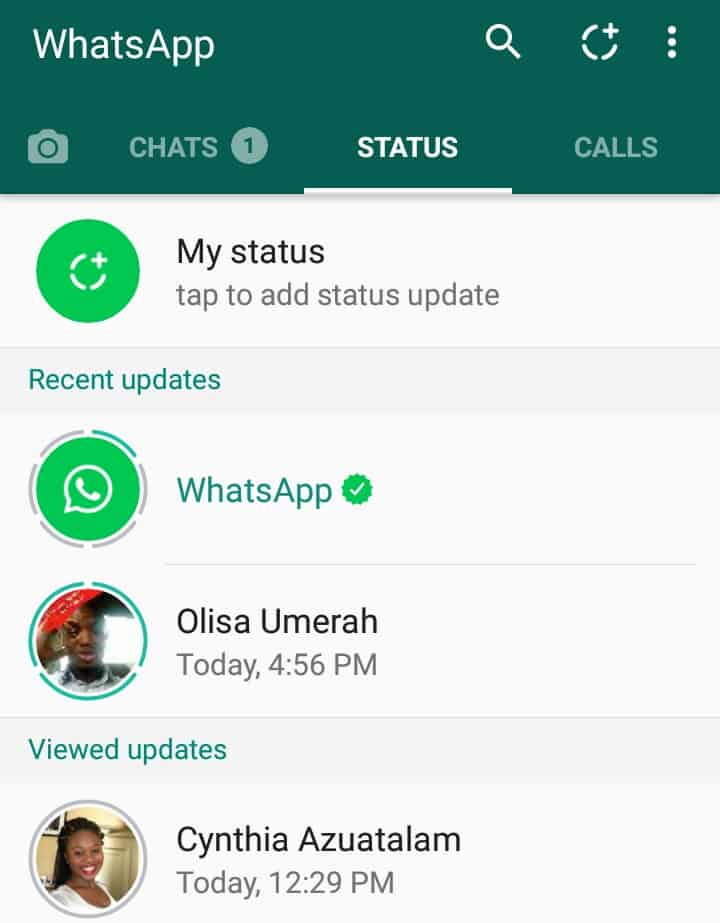
how to create, why use a WhatsApp business
- Blog
- Articles
- WhatsApp™ business account: how and why to use it
Reading time: 4 minutes
Content:
- business account WhatsApp
- What types of business accounts are there
- Can a business account be blocked?
- Can I use WhatsApp™ Messenger and WhatsApp™ Business at the same time?
- How to register a WhatsApp™ business account
- How to connect WhatsApp™ Business API
WhatsApp™ is the most popular instant messenger in Russia and in the world. According to
Deloitte, 88% of Russians use it in 2020. However, his management does not welcome commercial activities in ordinary accounts, which makes it difficult for companies - especially small ones - to communicate with customers and promote themselves through the messenger without the risk of blocking.
A business account is a way to reduce the likelihood of a ban, as well as get additional tools for working with a client base.
From the client's point of view, a business account means a dialogue with a well-known company or brand, and not with an incomprehensible number.
What does a WhatsApp business account provide
For comfortable communication with customers, a WhatsApp business account offers the following features:
-
reducing the risk of blocking.
-
the ability to write to the client first.
-
high message rate. The message will come to the user in 3 seconds, unlike a regular account, where the message can take up to 10 minutes.
-
an alphabetic name instead of a number and a green checkmark. This will increase your visibility and customer confidence.
What types of business accounts exist
A verified business account status is assigned to companies that have been verified by WhatsApp™. These accounts have a green check mark next to their name. By default, all business registered with WhatsApp™ Business will be a regular business account, and the checkmark will be greyed out for such accounts.
These accounts have a green check mark next to their name. By default, all business registered with WhatsApp™ Business will be a regular business account, and the checkmark will be greyed out for such accounts.
Another connection type is WhatsApp™ Business API. Unlike a free business account designed for small businesses, Business API is a paid service for large and medium-sized companies. When using the WhatsApp™ Business API, you can send notifications, documents, and other important information to users that they need to have at hand, such as boarding passes, receipts, and transaction notifications.
A detailed comparison of a regular account, WhatsApp™ Business and WhatsApp™ Business API is presented in the table.
M Can a business account be blocked?
WhatsApp™ has a strict policy against spam and any mass mailings. It is worth considering the following:
- WhatsApp™ blocks new customers for 5 or more identical messages;
- if you send more than 20-30 messages to existing clients, you also risk being blocked;
- If the account is very active, the number of messages allowed to be sent may increase.

Given the features of the messenger, we recommend that you always encourage the client to write the first message.
Can I use WhatsApp ™ Messenger and WhatsApp ™ Business at the same time?
Yes, because WhatsApp™ Business cannot be linked to the same number as a normal WhatsApp™ account. It is best to use the company's official phone number to connect a business account - and this can be either a mobile or a landline number.
- If you have previously used WhatsApp™ Messenger to communicate with customers, you can transfer your message history to a new account in the WhatsApp™ Business app and continue the conversation from there. We recommend that you create a backup of your chats first.
- If you stop using WhatsApp™ Business, you will no longer be able to transfer messages back to WhatsApp™ Messenger.
How to upgrade to a WhatsApp business account ™
1. Download WhatsApp™ Business from Google Play or the App Store.
Download WhatsApp™ Business from Google Play or the App Store.
2. Confirm the phone number you will use to communicate with customers.
3. If you wish, you can restore the message history.
4. Enter the company name.
5. Create a business account profile. Click More options > Settings > Business account settings > Profile.
How to connect WhatsApp ™ Business API
Leave a request on the official Chat2Desk and WhatsApp Business API integration page or write to us via the widget in the corner of the screen.
how to create, why use a WhatsApp business
- Blog
- Articles
- WhatsApp™ business account: how and why to use it
Reading time: 4 minutes
Content:
- business account in WhatsApp
- What types of business accounts exist
- Can a business account be blocked?
- Can I use WhatsApp™ Messenger and WhatsApp™ Business at the same time?
- How to register a WhatsApp™ business account
- How to connect WhatsApp™ Business API
WhatsApp™ is the most popular instant messenger in Russia and in the world.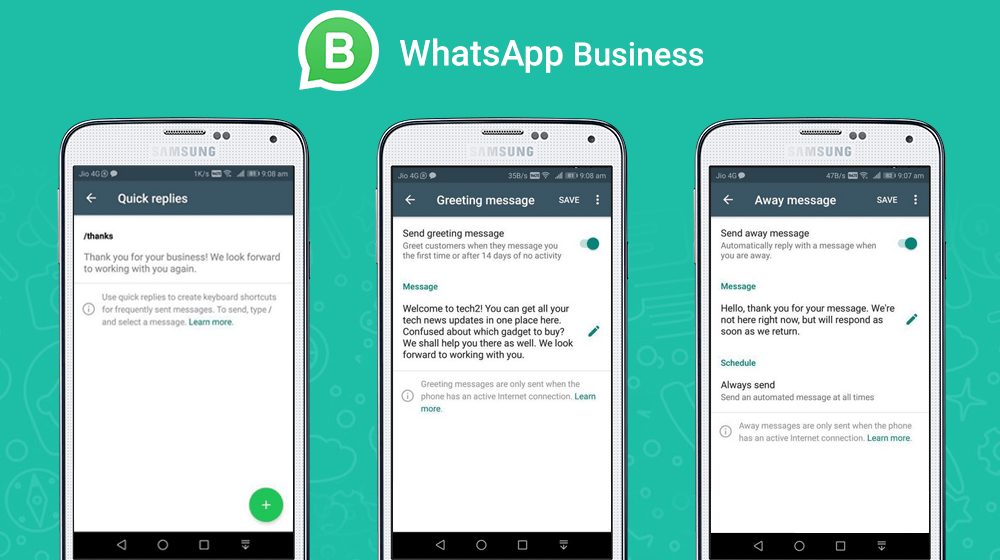 According to
According to
Deloitte, 88% of Russians use it in 2020. However, his management does not welcome commercial activities in ordinary accounts, which makes it difficult for companies - especially small ones - to communicate with customers and promote themselves through the messenger without the risk of blocking.
A business account is a way to reduce the likelihood of a ban, as well as get additional tools for working with a client base.
From the client's point of view, a business account means a dialogue with a well-known company or brand, and not with an incomprehensible number.
What does a WhatsApp business account provide
For comfortable communication with customers, a WhatsApp business account offers the following features:
-
reducing the risk of blocking.
-
the ability to write to the client first.

-
high message rate. The message will come to the user in 3 seconds, unlike a regular account, where the message can take up to 10 minutes.
-
an alphabetic name instead of a number and a green checkmark. This will increase your visibility and customer confidence.
What types of business accounts exist
A verified business account status is assigned to companies that have been verified by WhatsApp™. These accounts have a green check mark next to their name. By default, all business registered with WhatsApp™ Business will be a regular business account, and the checkmark will be greyed out for such accounts.
Another connection type is WhatsApp™ Business API. Unlike a free business account designed for small businesses, Business API is a paid service for large and medium-sized companies. When using the WhatsApp™ Business API, you can send notifications, documents, and other important information to users that they need to have at hand, such as boarding passes, receipts, and transaction notifications.
A detailed comparison of a regular account, WhatsApp™ Business and WhatsApp™ Business API is presented in the table.
M Can a business account be blocked?
WhatsApp™ has a strict policy against spam and any mass mailings. It is worth considering the following:
- WhatsApp™ blocks new customers for 5 or more identical messages;
- if you send more than 20-30 messages to existing clients, you also risk being blocked;
- If the account is very active, the number of messages allowed to be sent may increase.
Given the features of the messenger, we recommend that you always encourage the client to write the first message.
Can I use WhatsApp ™ Messenger and WhatsApp ™ Business at the same time?
Yes, because WhatsApp™ Business cannot be linked to the same number as a normal WhatsApp™ account. It is best to use the company's official phone number to connect a business account - and this can be either a mobile or a landline number.
- If you have previously used WhatsApp™ Messenger to communicate with customers, you can transfer your message history to a new account in the WhatsApp™ Business app and continue the conversation from there. We recommend that you create a backup of your chats first.
- If you stop using WhatsApp™ Business, you will no longer be able to transfer messages back to WhatsApp™ Messenger.
How to upgrade to a WhatsApp business account ™
1. Download WhatsApp™ Business from Google Play or the App Store.
2. Confirm the phone number you will use to communicate with customers.
3. If you wish, you can restore the message history.
4. Enter the company name.
5. Create a business account profile. Click More options > Settings > Business account settings > Profile.
How to connect WhatsApp ™ Business API
Leave a request on the official Chat2Desk and WhatsApp Business API integration page or write to us via the widget in the corner of the screen.